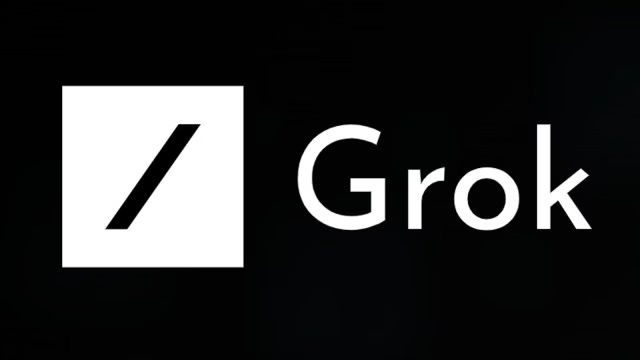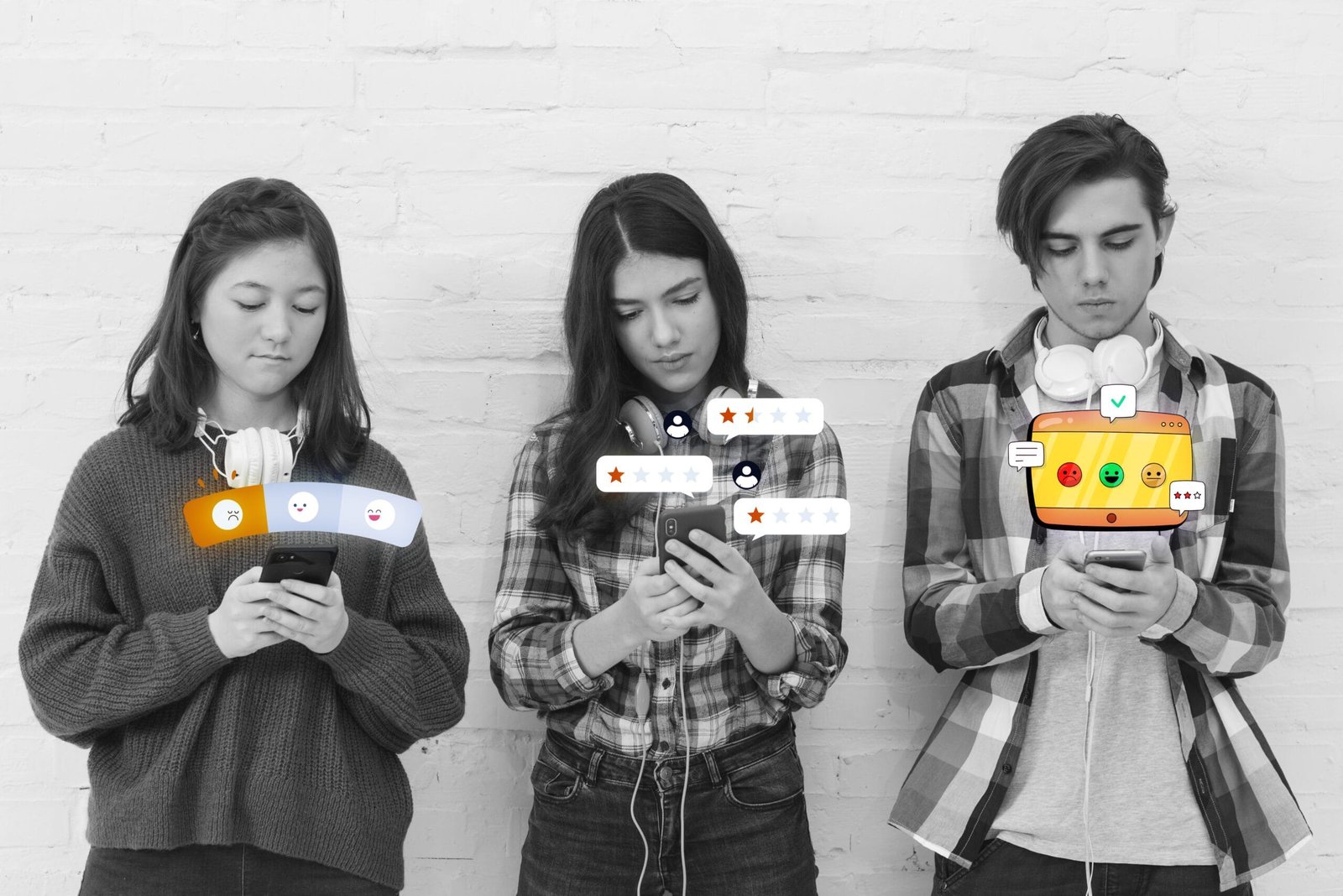In 2025, artificial intelligence (AI) will no longer be just a buzzword—it will be a game-changer for social media management and marketing. From content creation to advanced analytics, AI-powered tools are helping businesses stay ahead in an increasingly competitive digital landscape. Social media platforms are evolving rapidly, and to keep up, brands need smarter solutions to engage audiences, optimize campaigns, and deliver results more efficiently.
The integration of AI tools into social media strategies has transformed the way businesses interact with their audiences. These tools streamline workflows, provide actionable insights, and even generate content tailored to specific demographics. Whether you’re a marketer, influencer, or small business owner, leveraging AI tools in 2025 is essential for maximizing your social media impact.
In this blog, we’ll explore the top AI tools for social media in 2025, highlighting their features, benefits, and how they can revolutionize your approach to digital marketing. Let’s dive into the future of social media and discover the tools that can take your strategy to the next level.
Selecting the appropriate AI tools for social media management is crucial for enhancing your digital marketing efforts. Here are key criteria to consider:
How to Select Best The Best AI tool for Social Media?
1. Functionality and Features
- Automation Capabilities: Look for tools that automate tasks such as content scheduling, engagement monitoring, and analytics to streamline your workflow.
- Content Creation and Curation: Ensure the tool offers AI-driven content generation, including text and visuals, to maintain a consistent posting schedule.
- Analytics and Reporting: Opt for tools that provide comprehensive analytics to track performance metrics, audience engagement, and ROI.
- Integration and Compatibility
- Platform Support: Verify that the tool integrates seamlessly with your social media platforms, such as Facebook, Instagram, Twitter, and LinkedIn.
- Third-Party Integrations: Consider whether the tool can connect with other marketing platforms, CRM systems, or content creation tools to enhance functionality.
- User Experience
- Ease of Use: Choose a user-friendly interface that simplifies complex tasks, reducing the learning curve for your team.
- Customer Support: Assess the availability and quality of customer support to assist with any technical issues or inquiries.
- Scalability and Customization
- Scalability: Ensure the tool can accommodate your business growth, handling increased workloads and additional social media accounts as needed.
- Customization: Look for tools that offer customizable templates, dashboards, and workflows to align with your brand’s voice and strategy.
- Budget and Pricing
- Cost-Effectiveness: Evaluate whether the tool’s pricing aligns with your budget while offering the necessary features and functionalities.
- Free Trials and Demos: Take advantage of free trials or demos to assess the tool’s suitability before making a financial commitment.
Top AI Tools for Social Media in 2025
1. Hootsuite
Overview:
Hootsuite is one of the most popular tools for social media management, enabling users to schedule posts, monitor social conversations, and analyze performance across platforms. Its AI-powered features, like automated scheduling and social listening, help brands save time and identify key trends. Hootsuite is ideal for businesses managing multiple accounts or teams.
Pros:
- Comprehensive analytics and reporting.
- Integration with major social media platforms.
- Excellent collaboration tools for teams.
Cons:
- Expensive for small businesses.
- Requires a learning curve for advanced features.
2. SocialPilot
Overview:
SocialPilot offers an all-in-one solution for managing social media campaigns. It simplifies content scheduling, provides AI-generated post suggestions, and offers analytics to track performance. Designed with affordability in mind, it’s especially useful for small businesses and startups seeking a cost-effective tool without compromising on essential features like collaboration and engagement tracking.
Pros:
- Budget-friendly for small teams and individuals.
- Easy-to-use interface.
- Includes AI-driven features like caption generation.
Cons:
- Advanced analytics are limited compared to competitors.
- Lacks sophisticated integrations with larger marketing platforms.
3. Jasper AI
Overview:
Jasper AI is a content generation powerhouse, leveraging advanced natural language processing to create engaging, high-quality social media content. It offers a wide range of templates for posts, captions, and more, tailored to various industries and tones. Jasper also integrates with SEO tools, making it ideal for marketers focused on optimizing their content strategies.
Pros:
- Exceptional for content creation and writing.
- Flexible templates for different use cases.
- Supports long-form content like blogs and email drafts.
Cons:
- Limited to content creation; no scheduling or analytics.
- Pricing may not suit smaller businesses.
4. Canva
Overview:
Canva is a design platform widely used for creating eye-catching social media visuals. Its AI features simplify the design process with pre-made templates, drag-and-drop functionality, and suggestions for layouts and graphics. It’s perfect for businesses that want professional-looking content without needing design expertise or expensive tools like Adobe Suite.
Pros:
- Accessible for beginners with no design experience.
- Huge library of templates and stock assets.
- Integrates with platforms like Instagram and Pinterest.
Cons:
- Not ideal for analytics or content strategy.
- Some premium templates require a paid plan.
5. Sprout Social
Overview:
Sprout Social is a feature-rich AI-powered tool designed for social media analytics, content scheduling, and audience engagement. Its advanced analytics provide actionable insights into campaign performance and customer sentiment. Sprout Social is particularly suited for medium to large enterprises looking for a sophisticated tool to manage complex social media strategies.
Pros:
- Advanced analytics and sentiment analysis.
- Excellent customer support and user interface.
- Integration with CRM tools for deeper customer insights.
Cons:
- High subscription cost.
- May be overkill for small businesses.
6. Brandwatch
Overview:
Brandwatch specializes in social listening and trend analysis, allowing brands to monitor online conversations and identify emerging trends. Its AI-powered analytics help marketers understand customer sentiment and behavior in real-time. This makes it an essential tool for brands focused on reputation management and staying ahead of the competition in their industries.
Pros:
- Real-time insights and trend tracking.
- Comprehensive sentiment analysis.
- Ideal for large-scale social media monitoring.
Cons:
- Steep learning curve for new users.
- Higher pricing tiers may be inaccessible to smaller companies.
7. ChatGPT for Social Media
Overview:
ChatGPT is a conversational AI tool that enhances customer engagement on social media platforms. It can respond to customer queries, suggest content ideas, and generate personalized messages. Ideal for businesses focusing on interactive communication, it helps brands maintain an active presence and improve customer satisfaction through fast, tailored responses.
Pros:
- Fast and accurate conversational responses.
- Ideal for automating customer support.
- Generates content ideas and scripts.
Cons:
- Limited integrations with social media management tools.
- Requires human oversight to avoid generic replies.
8. ManyChat
Overview:
ManyChat is an AI-driven chatbot platform tailored for social media interactions, particularly on Messenger, Instagram, and WhatsApp. It enables businesses to automate customer service, lead generation, and sales processes. With its easy setup and seamless integration, ManyChat empowers businesses to engage customers 24/7 and drive conversions efficiently.
Pros:
- Strong integrations with popular messaging platforms.
- Easy-to-use chatbot builder.
- Increases customer response rates.
Cons:
- Limited customization for advanced users.
- Best suited for small to medium-sized businesses.
Emerging AI Trends in Social Media for 2025
In 2025, artificial intelligence (AI) continues to revolutionize social media, introducing innovative trends that reshape user engagement and platform dynamics. Here are some of the most significant AI-driven developments:
- AI-Generated Content and Virtual Influencers
AI-generated content has become standard, with businesses adopting generative AI tools to produce posts, captions, and even video scripts more efficiently. This automation enables faster content creation, allowing brands to maintain a consistent and engaging online presence.
Additionally, AI-generated influencers, or virtual personalities created entirely by algorithms, are gaining prominence. These virtual influencers can appear more realistic than ever, with lifelike expressions and dynamic interactions, offering brands new avenues for marketing and audience engagement.
- AI-Powered Content Recommendations
AI-driven personalization has reached new heights, delivering content tailored to individual user preferences. This hyper-targeted approach ensures users receive relevant information, enhancing engagement and satisfaction. For brands, it presents opportunities to share content that aligns precisely with audience interests, improving the effectiveness of marketing strategies.
- AI-Enhanced Customer Service
AI chatbots have evolved to provide more natural and accurate interactions, analyzing conversation patterns to improve over time. This advancement enhances the overall customer experience on social platforms, offering immediate responses and support, which is increasingly expected by users.
- AI Integration in Advertising
Social media platforms are leveraging AI to revolutionize advertising. For instance, X (formerly Twitter) introduced “Trend Genius,” an AI-driven tool designed to boost ad campaigns by linking them to trending topics, thereby enhancing relevance and engagement.
- AI-Generated Users and Bots
Platforms like Meta are exploring the integration of AI-generated users—virtual personas with bios and profile pictures that interact like real accounts. This initiative aims to enhance user engagement by introducing AI-driven interactions, though it raises questions about authenticity and the user experience.
Take Your Social Media to the Next Level with The Strategic Marketers
Ready to dominate social media in 2025? With cutting-edge AI tools and strategies, The Strategic Marketers is here to help your brand ride the wave of innovation and achieve unprecedented growth. Whether it’s crafting compelling content, streamlining your campaigns, or engaging with your audience like never before, we’ve got the expertise to make it happen. Get in touch with us today to book a free consultation.













